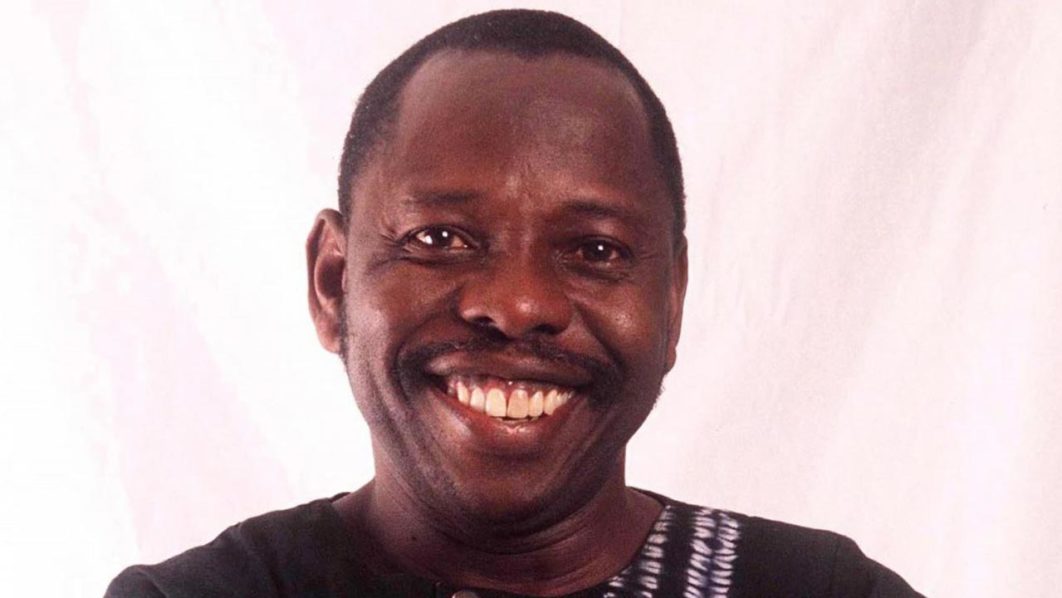
A Dutch court has ruled that it has jurisdiction to determine the complicity or otherwise of Shell in the November 10, 1995 execution of Ken Saro-Wiwa and eight other Ogoni environmental activists by the late General Sani Abacha military junta, United Kingdom’s newsmen reported.
In a 50-page ruling hailed by campaigners as an “important precedent” for global human rights cases, judges at The Hague’s district court said yesterday that they would allow the case to proceed, indicating that the claimants – widows of four of the activists – would be able to tender further evidence to prove their case.
The ruling also stipulated that Shell must now hand over confidential internal documents.
Esther Kiobel, whose husband, Dr. Barinem Kiobel, was among the executed, said the decision would help exonerate the men.
However, Shell has denied all allegations, noting that in 2009, it paid a $15.5 million out-of-court settlement to Saro-Wiwa’s family and others.
A statement by the Dutch oil firm noted: “We have always denied, in the strongest possible terms, the allegations made in this tragic case and believe the evidence clearly shows that Shell was not responsible for these distressing events. Until we have reviewed the detail of the court’s ruling, it would not be appropriate to comment in more detail.”
Lead lawyer, Channa Samkalden, from human rights law firm Prakken d’Oliveira, said the ruling promised positive ramifications for anyone seeking justice from a major corporation.
However, the Movement for the Survival of Ogoni People (MOSOP) has hailed the development.
The position was contained in a statement issued by its president, Fegalo Nsuke.
In this article:
